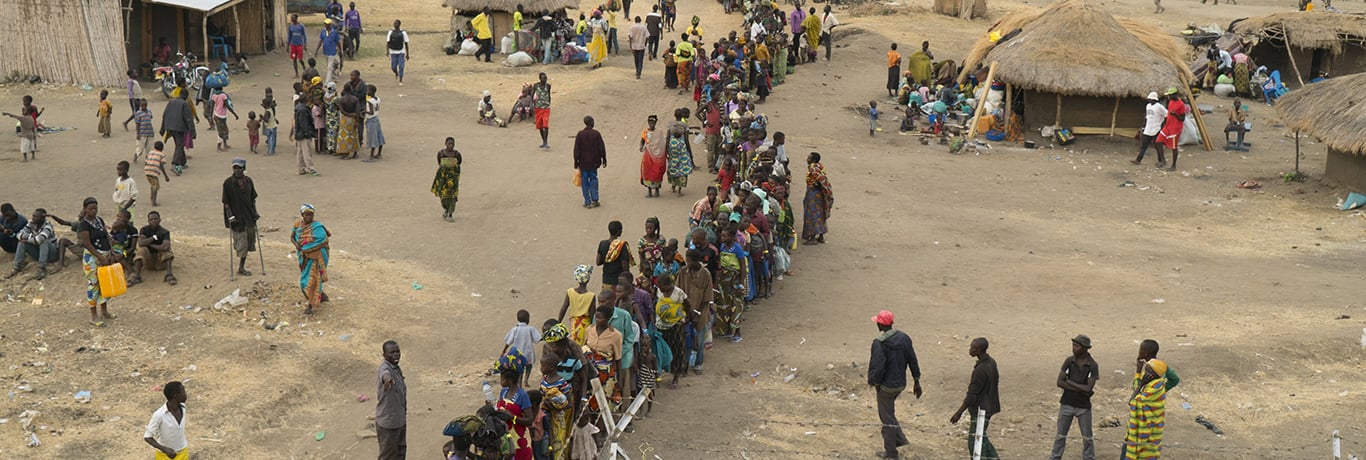Access to registration is critical to the realization of the fundamental right to seek asylum, and should be available on a voluntary basis to all persons seeking international protection without discrimination, except fighters and citizens of country of asylum, who are not admissible. Registration should be physically, economically and socially accessible to all asylum-seekers and refugees within three months of their arrival on a territory, irrespective of their age, gender, race, religion national or ethnic origin, political or other opinion, sexual orientation and gender identity, disability or any other health or personal status. In addition, registration processes must be free of charge and no fees should be charged for related activities, such as documentation or the taking of photos.
Implicit in these key principles is the notion that access to registration should not be subject to restrictions based on eligibility for refugee status, eligibility for assistance and access to services, availability of durable solutions or other consideration or criteria. Where UNHCR conducts refugee registration under its mandate, all persons seeking international protection in the country of asylum should be able to access registration procedures. In contexts where State authorities register only part of the refugee population on its territory, UNHCR should advocate for the Government to register all asylum-seeker and refugee populations on its territory, and consider options to capacitate the Government to do so. Where the Government is unwilling to register a certain population, UNHCR should undertake to register the remaining populations under its mandate. Equally, UNHCR should only register a sub-set of the refugee population for the purposes of facilitating assistance or protection interventions when the remaining refugee population is otherwise registered by the State.

